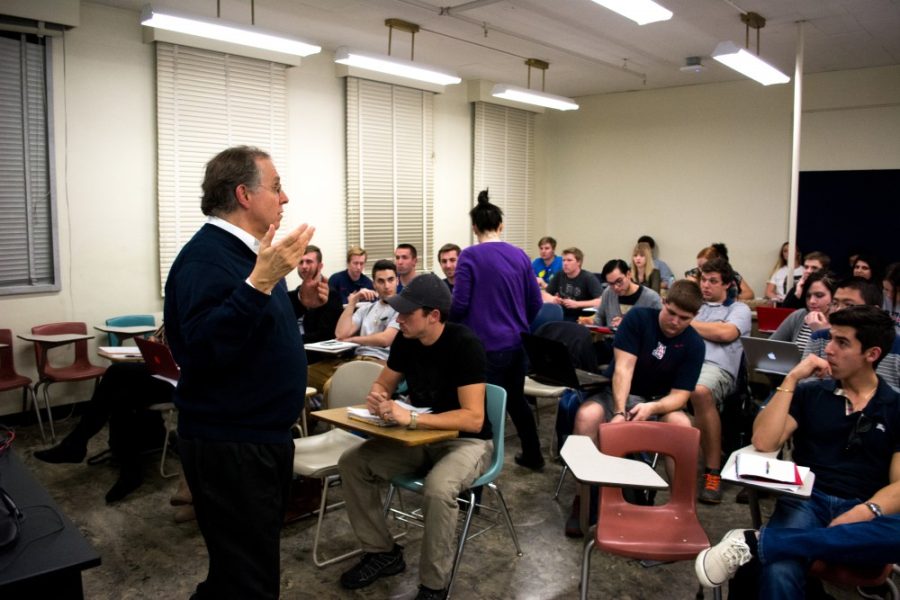Geology has long been one of the least diverse STEM fields in the U.S., and one UA graduate student is trying to find out why.
Phil Stokes, a graduate student in the department of geosciences, has been researching factors that compel students to study geoscience. Stokes developed interview questions for current and future geoscience students to determine critical incidents—significant events that positively or negatively impacted a student’s life—that steered them toward pursuing a degree in geosciences.
Thirty-one students were asked about different times in their lives, from primary school through university, as well as time outside an academic setting. The goal of the interview was to compare the critical incidents of white men, white women and Hispanics.
Stokes found that there was variation in critical incidents between both gender and race. “One of the big differences [Stokes] found was that for Hispanic students, there were a lot more conversations about their choice of major in their families than there were among Anglo woman or Anglo men,” said Dr. Karl Flessa, a professor of geosciences and Stokes’ adviser. “Those conversations sometimes were negative in Hispanic families. People were uncomfortable with a student’s choice of geology as a major so [Hispanic students] got a little more scrutiny from their family.”
Stokes also found that white students had more outdoor experiences during childhood, such as hiking, camping and visiting national parks with family, than Hispanic students did.
“The hypothesis here is that those childhood experiences make you enthused about being outdoors and appreciating landscapes and nature, and may make you more inclined to become a geoscience major than if you hadn’t had those experiences,” Flessa said.
Research carried out by Stokes also found a difference between academic experiences for both men and women. A statistically significant number of women were found to have had more negative experiences in non-geoscience courses. At this time there is no hypothesis as to the cause of this finding.
His research may help increase diversity in one of the least diverse STEM fields in the U.S. Outreach programs and research in geoscience are helping to heighten awareness about the major and help engage underrepresented students earlier in their academic studies.
Follow Bailey Bellavance on Twitter









